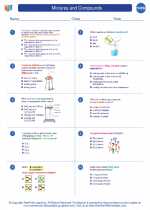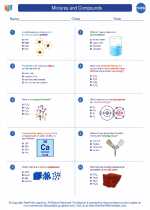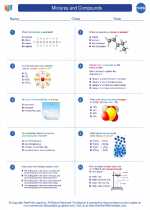Set Point in Chemistry
In chemistry, the term "set point" often refers to the temperature or pressure at which a system is designed to operate or maintain. It is a critical parameter in various chemical processes and reactions. Understanding the set point is essential for controlling and optimizing chemical reactions and industrial processes.
Key Concepts:
- Temperature Set Point: The specific temperature at which a chemical reaction or process is intended to occur. This may be the temperature at which a reactor or vessel is maintained to ensure optimal reaction kinetics and product yield.
- Pressure Set Point: The designated pressure at which a system operates, particularly in processes involving gases or vapor-phase reactions. Maintaining the pressure set point is crucial for controlling reaction equilibria and process efficiency.
- Control Systems: Set points are often integrated into control systems using sensors, actuators, and feedback loops to regulate and stabilize the operating conditions of chemical processes.
Study Guide:
To understand and master the concept of set point in chemistry, consider the following study guide:
- Review the principles of temperature and pressure in chemical systems.
- Explore the role of set points in maintaining optimal reaction conditions and process efficiency.
- Study examples of chemical reactions and industrial processes where temperature and pressure set points are crucial for successful operation.
- Investigate the use of control systems and instrumentation in regulating set points in chemical reactors and process equipment.
- Practice solving problems and scenarios involving adjustments to temperature and pressure set points in various chemical contexts.
By mastering the concept of set point, you will gain a deeper understanding of how temperature and pressure control are fundamental aspects of chemical processes and industrial operations.
.◂Chemistry Worksheets and Study Guides High School. Mixtures and Compounds
Worksheet/Answer key Mixtures and Compounds
Mixtures and Compounds  Worksheet/Answer key
Worksheet/Answer key Mixtures and Compounds
Mixtures and Compounds  Worksheet/Answer key
Worksheet/Answer key Mixtures and Compounds
Mixtures and Compounds 

 Worksheet/Answer key
Worksheet/Answer key
 Worksheet/Answer key
Worksheet/Answer key

The resources above cover the following skills:
Chemistry II
Properties of Matter
Develop and use models to explain the differences between chemical compounds using patterns as a method for identification.
Use mathematical representations to quantify matter through the analysis of patterns in chemical compounds.